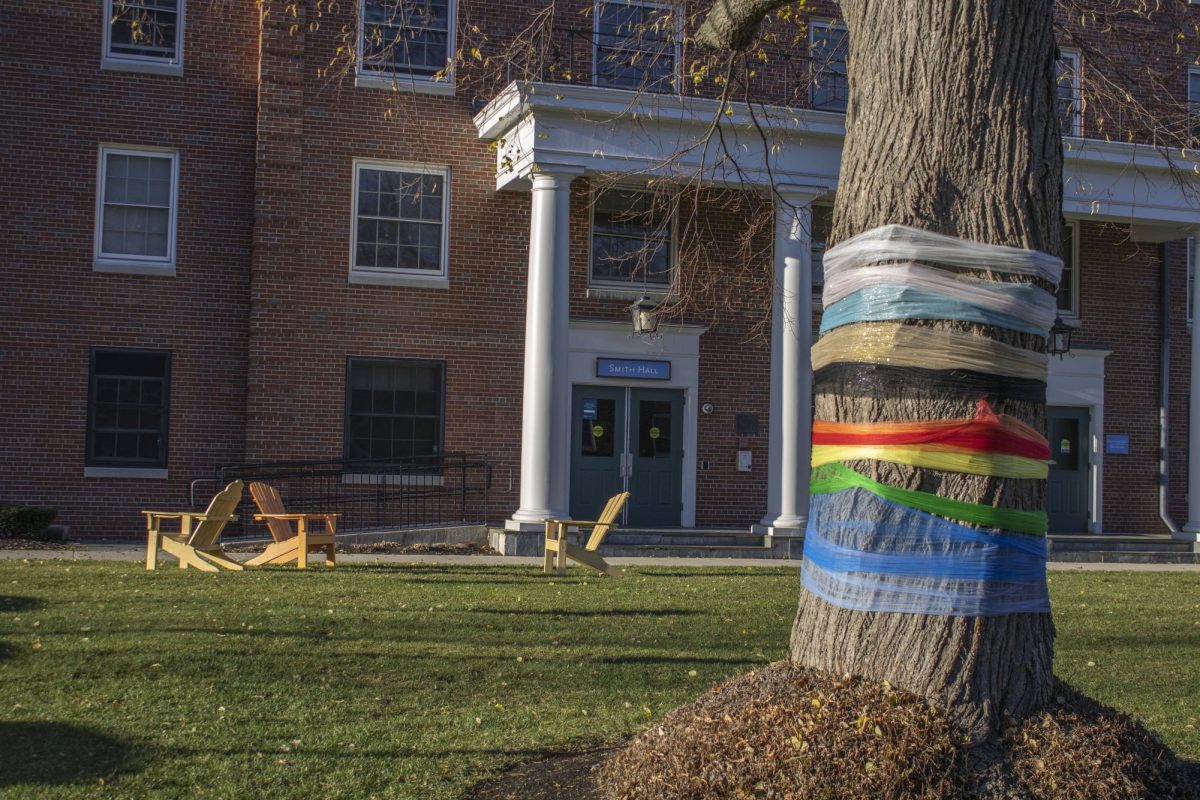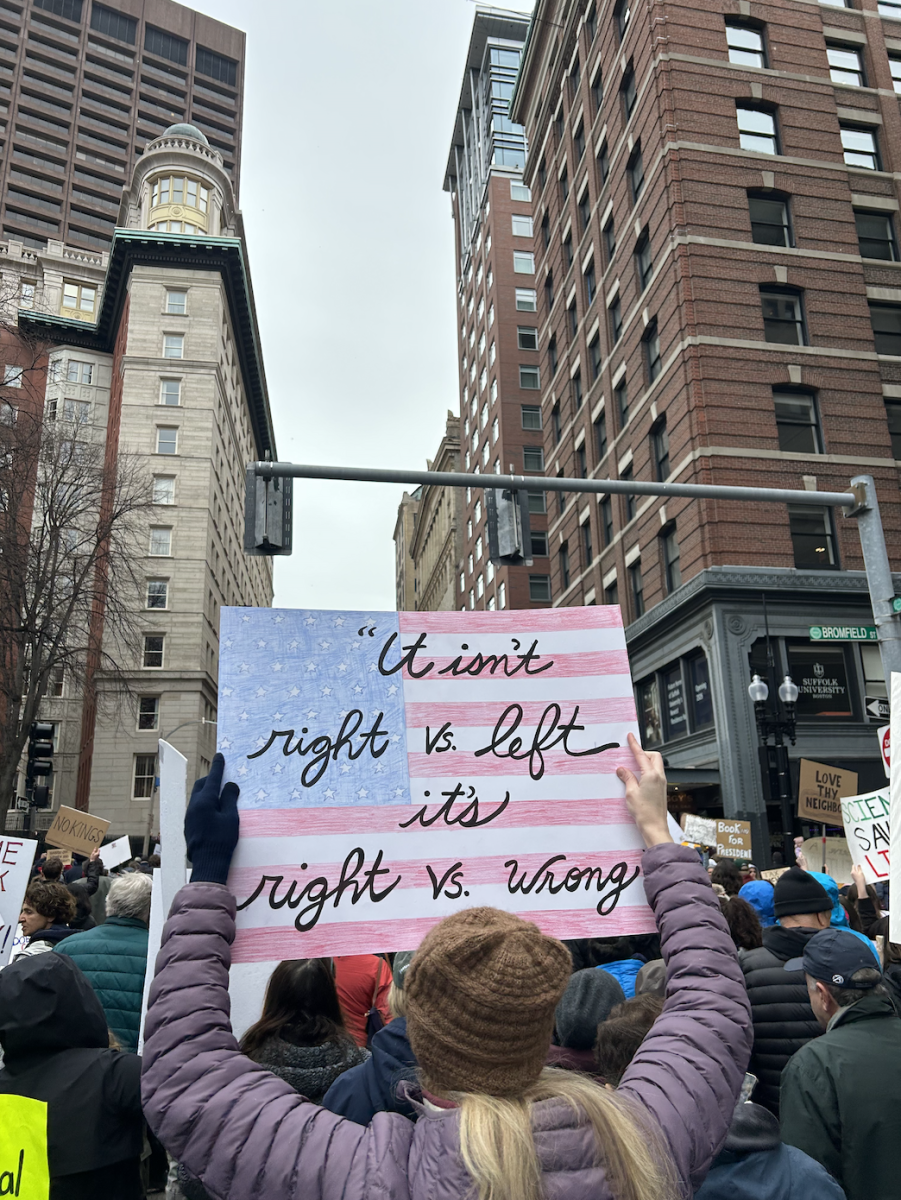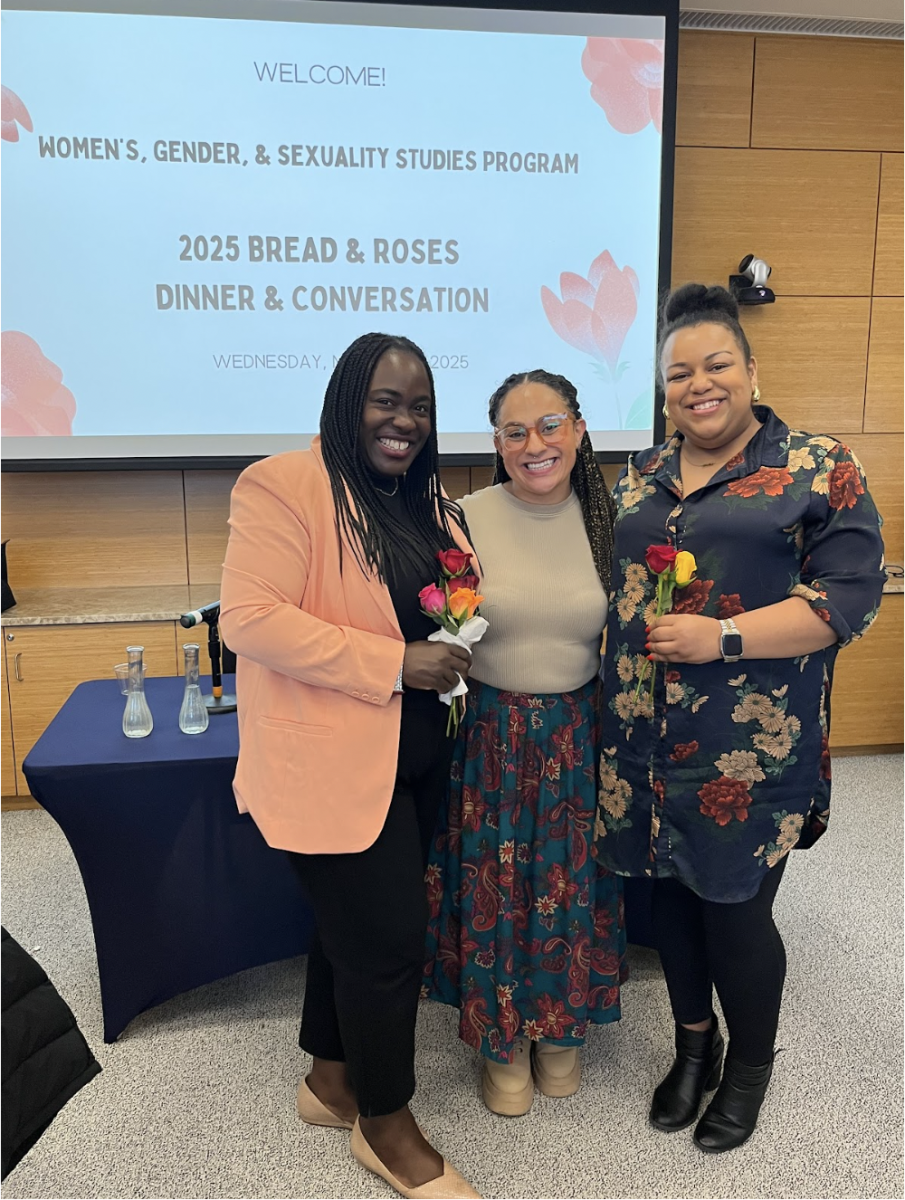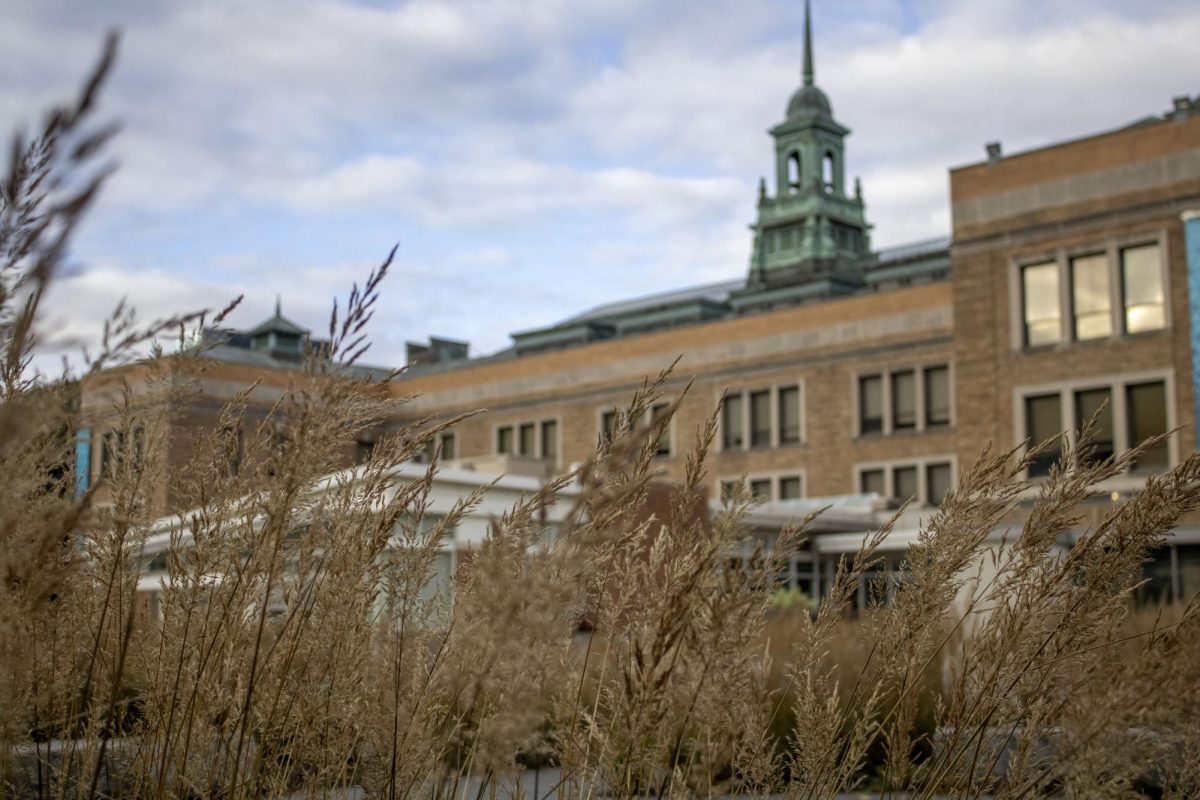Simmons University has defined itself as a women’s college since its inception in 1899. On its website, Simmons is described as “home to a respected women’s undergraduate program.” Recently, students at Simmons have begun to challenge the term.
The Transgender and Non-Binary Collective (TaNC) at Simmons has urged Simmons students to use the term “Historically Women’s College,” rather than the term “Women’s College.” TaNC’s president, Tovah Caron, is in their third year at Simmons. According to Caron, the term historically women’s college is more inclusive and better represents the Simmons population.
“There’s no denying that it’s a historically women’s college…It started as a women’s college, and it just isn’t that anymore,” Caron explained in an interview with the Voice.
While TaNC has spent time trying to change the language Simmons officially uses, TaNC has not been in dialogue with President Wooten yet.
“Whenever I’m speaking about colleges, I make sure that people understand that we are historically women’s and that we’re women’s centered…What that means is that we have an inclusive policy about our admissions for undergrad,” President Wooten said in an interview with the Voice.
Although Simmons University defines itself as a women’s college in its admissions policy, “individuals who were assigned female at birth, applicants who consistently live and identify as women, and/or applicants who do not fit into the gender binary but who feel they belong in our undergraduate community of women” are allowed to apply.
“Being a women’s college is part of our historical identity, but we take a very liberal, inclusive perspective of what it means to be a women’s college,” President Wooten explained.
Sara Schwister is currently studying Children’s Literature in the Simmons graduate program. Schwister originally attended Simmons from 1984-1988, obtaining her bachelor’s in finance. She returned for graduate school in 2020.
Schwister explained the stereotypes surrounding women’s colleges when she attended. “A lot of people assumed that if you were going to an all women’s school, that you were largely interested in just studying and pursuing your interests,” she said.
When Schwister attended Simmons for her bachelor’s, there wasn’t a debate about whether to refer to Simmons as a women’s college or a historically women’s college. However, times have changed. “I think there is so much more freedom of expression…I think that there were people who wanted to express their identity differently. They were always with us, but now they can finally feel comfortable to do that.”











